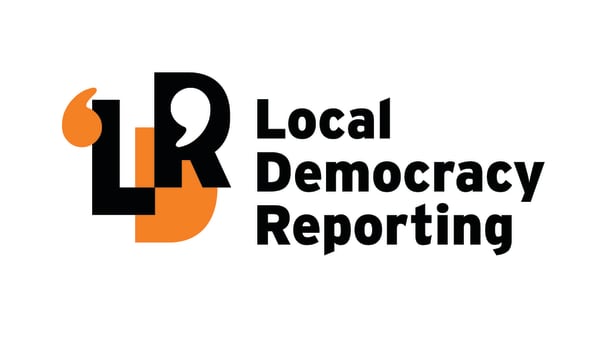What’s Gisborne’s nightlife economy worth?
“We don’t know because we haven’t tested it,” said hospitality businessman and musician Darryl Monteith during the “Let’s Talk Transport” Hearing on Thursday.
Mr Monteith co-owns Smash Palace, a popular live music venue. He says he often sees people with no options to get home.“It’s putting people at risk of drunk driving,” he said.
About an hour after closing time is when problems occur, he said.
When hospitality workers are finishing shifts, “a whole lot of their customers are still outside trying to figure out how to get home”, Mr Monteith said.
Aside from these occurrences, he believes many wonderful things happen in the night- time hospitality scene — “people making new friends, hooking up with new lovers”.
“All these things that are the glue of our community, they happen at night.”
From an economic standpoint, Mr Monteith said, “We’ve got so many great things to do here, but most of them are free.
“The only time we get to clip the ticket is when people go to dinner, go out for a show, or out for drinks.”
But Mr Monteith said the transport system was costing Gisborne “both socially and economically. We are getting it so wrong”.
Backing his stance are the results of the “what does local music mean to you” research project that Monteith launched in February 2023.
The survey, which 504 Gisborne locals participated in, with “a few people up the coast”, suggested that music is an important factor in people’s experience of wellbeing.
A majority of people surveyed had been to half a dozen live music performances in the 12 months prior to the survey and rated the music quality as high.
“That’s about one every two months or so,” Mr Monteith said.
One participant said, “So many high-quality musicians for a city of its size. Always worth a punt, even if you’ve never heard of them”.
But when asked how people would rate the quality of transport available for Gisborne nightlife, most participants answered on average a 3.5 out of 10.
Participants said public transport and taxis in Gisborne hindered the growth of both the hospitality industry and music/arts support in the region.
“Not enough transport for locals, so drinking and driving,” said one.
“Taxis are unreliable. Have been left stranded at midnight waiting for over an hour. Very stressful, ” said another.
Mr Monteith said, “Probably everyone here has a horror story about trying to get home after a night out.”
When searching for answers, he looked at other cities and found Hamilton’s solution to the issue was an on-demand ride share service called Flex.
Mr Monteith said the services dropped customers at all the night-time areas.
“You book it on the (Flex) app, and they charge $2. It picks you up within 100 metres of your home, and takes you home within 100 metres as well,” he said.
The app is hosted from an American software company called Via “and they do these apps all over the world”, Mr Monteith said.
“It’s basically a route aggregating software — it puts together the best route for where the driver should go, and they (the driver) just follow the map,” he said.
At the hearing, Linda Stewart, director regional relationships at NZ Transport Agency Waka Kotahi, asked if Mr Monteith had looked into how the Flex option could be tested in Gisborne.
“Particularly around the requirements for events, travel planning, and commercial parties coming to the table to demonstrate this is something we need,”
she said. “Has there been any work done there?”
Answering the question about what the city’s night-life economy is worth, Mr Monteith said, “It’s probably a fraction of what it really should be.
“A lot of people are staying at home because it is too dangerous and too expensive to go out,” he said.









